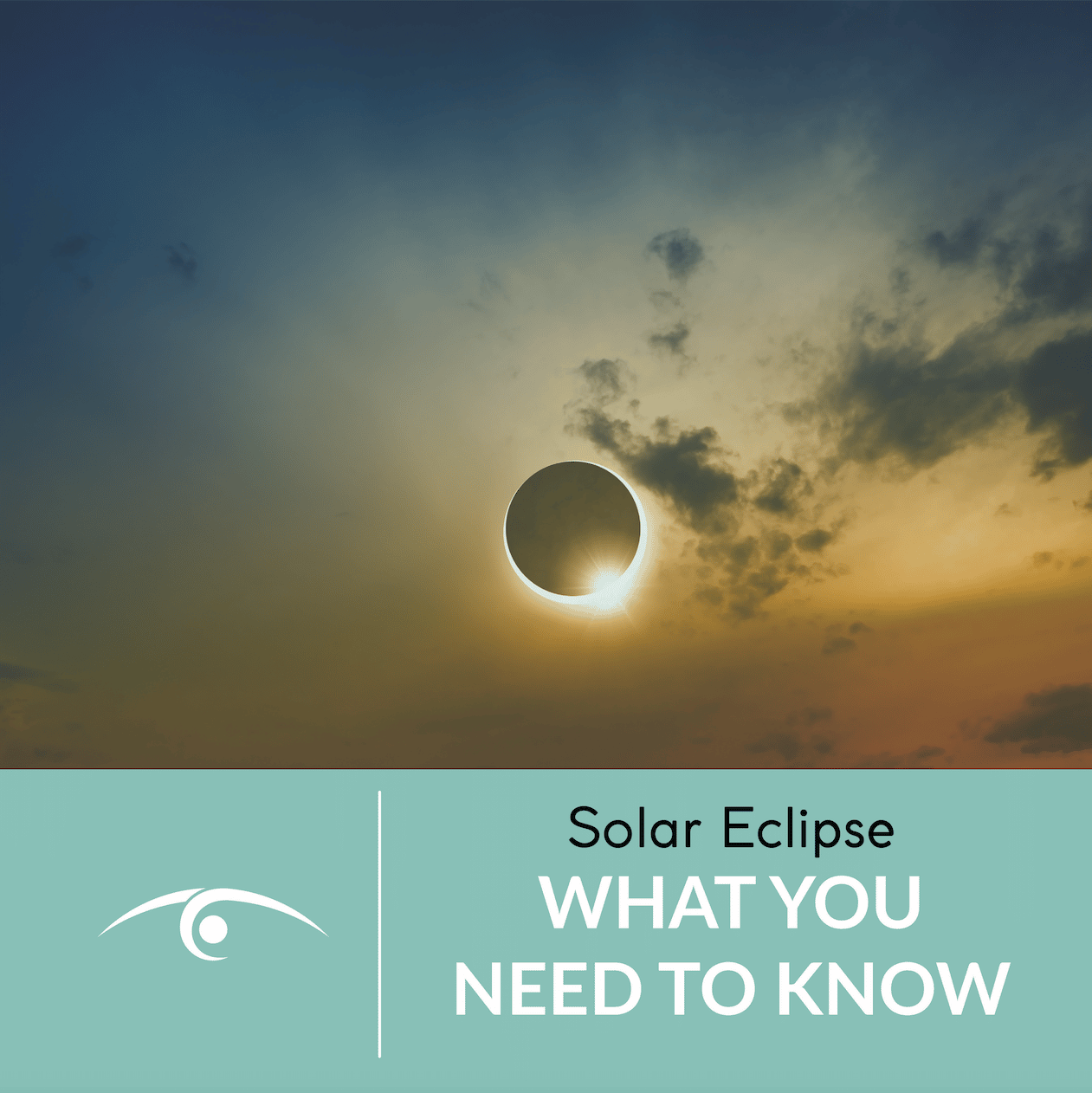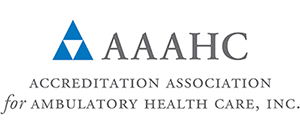 “Don’t stare at the sun; you’ll go blind!”
“Don’t stare at the sun; you’ll go blind!”
We’ve probably all heard this as kids at some point, and with good reason. The UV light that the sun emits can cause damage to the cells of the cornea in your eye –much like a sunburn on your skin. Can the same damage be done by observing a solar eclipse?
On August 21, 2017, America will be experiencing its first total solar eclipse in 38 years. For a few brief moments, the shadow of the moon will completely obscure the sun, causing total blackness in certain places. People all around the country are selecting the best places to watch this rare celestial event. While it is exciting, watching a solar eclipse can be dangerous to your eye health if the proper precautions are not taken.
So what’s the risk, exactly? During an eclipse the sun is partially blocked; therefore looking directly at it doesn’t produce the same painful effect as it would in full daylight. Therefore, where you might be forced to look away away from direct sunlight, prolonged viewing during a solar eclipse could cause significant damage without your being aware of it.
According to the vision eye institute, Solar Retinopathy can happen when light enters the opening at the front of the eye (called the pupil) and is then focused through the lens of the eye, onto the retina at the back of the eye. There are three kinds of light – visible, infrared and ultraviolet (UV). UV rays in particular can cause damage to the structure of the eye.
With overexposure to UV rays, the radiation literally “cooks” the exposed tissue, destroying the rods and cones of the retina and creating a small blind area. Similar damage can be caused by other intense lights such as a welder’s torch (which is why welders wear highly protective goggles when they are working).
Read more from the Vision Eye Institute
Symptoms often appear later in the evening or the next morning and can include:
- Sore, watery eyes
- Discomfort looking at bright lights
- Difficulty discerning shapes, especially detailed objects
- Visual distortion of objects
- Blind spot in the center of your vision
While physicians can help ease discomfort, there is no one treatment or cure for Solar Retinopathy. So, prevention is key! WEARING SUNGLASSES IS NOT ENOUGH PROTECTION. You don’t have to miss out on observing this experience, but make sure you’re aware of the dangers and that everyone in your group wears specially designed solar glasses while viewing the eclipse. Another option is viewing online via NASA’s livestream view page.
For more information on how to experience the solar eclipse safely, read THIS ARTICLE published by the American Academy of Ophthalmology.





